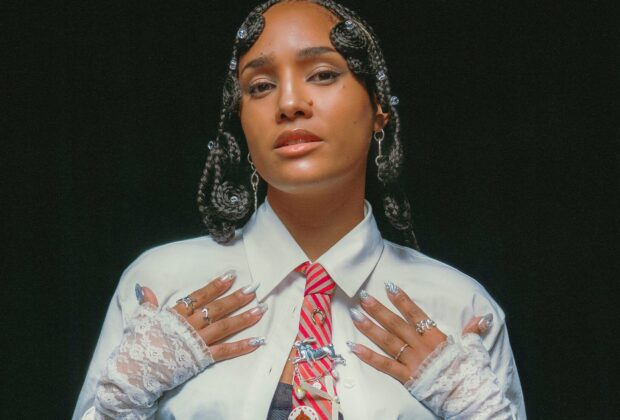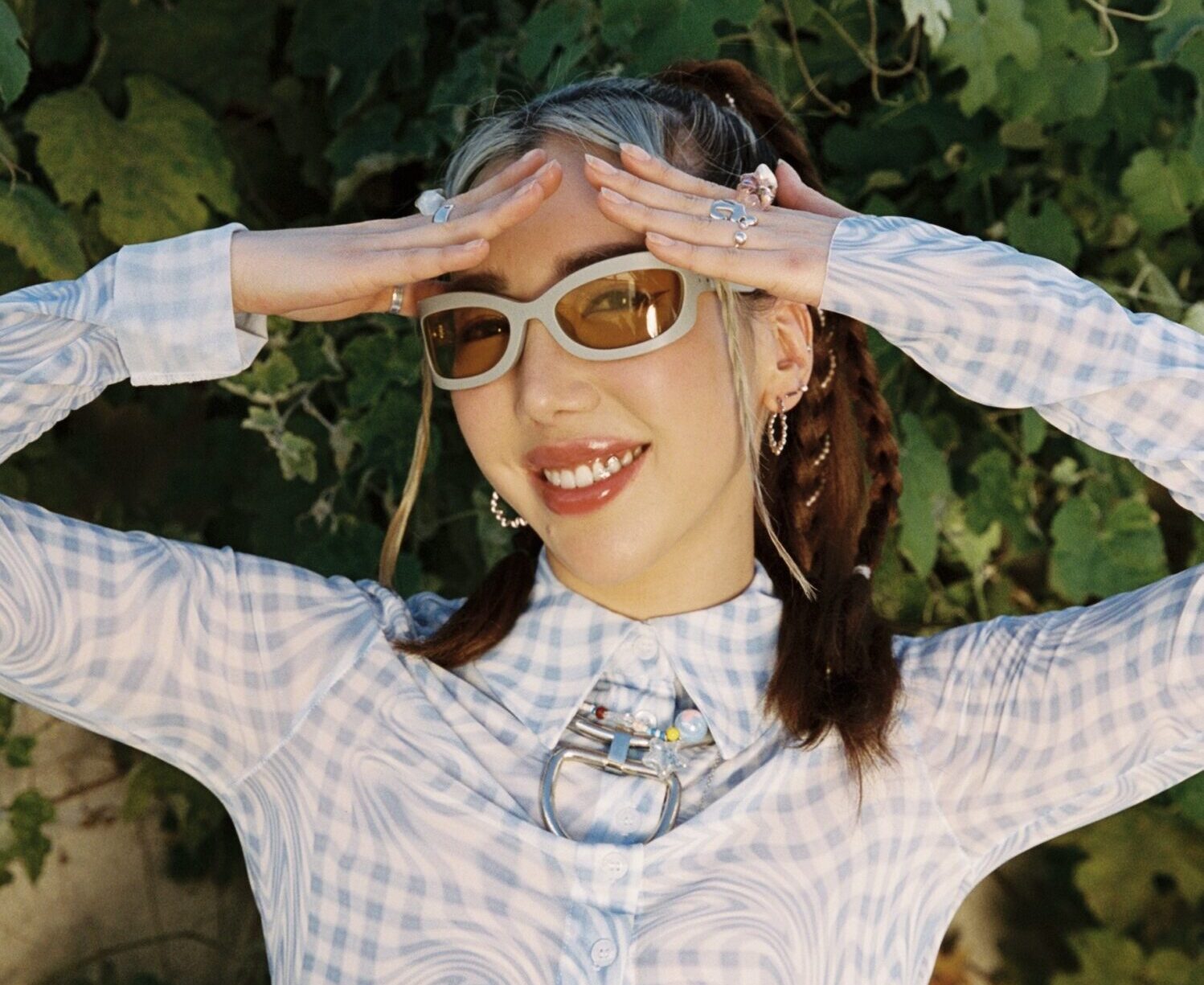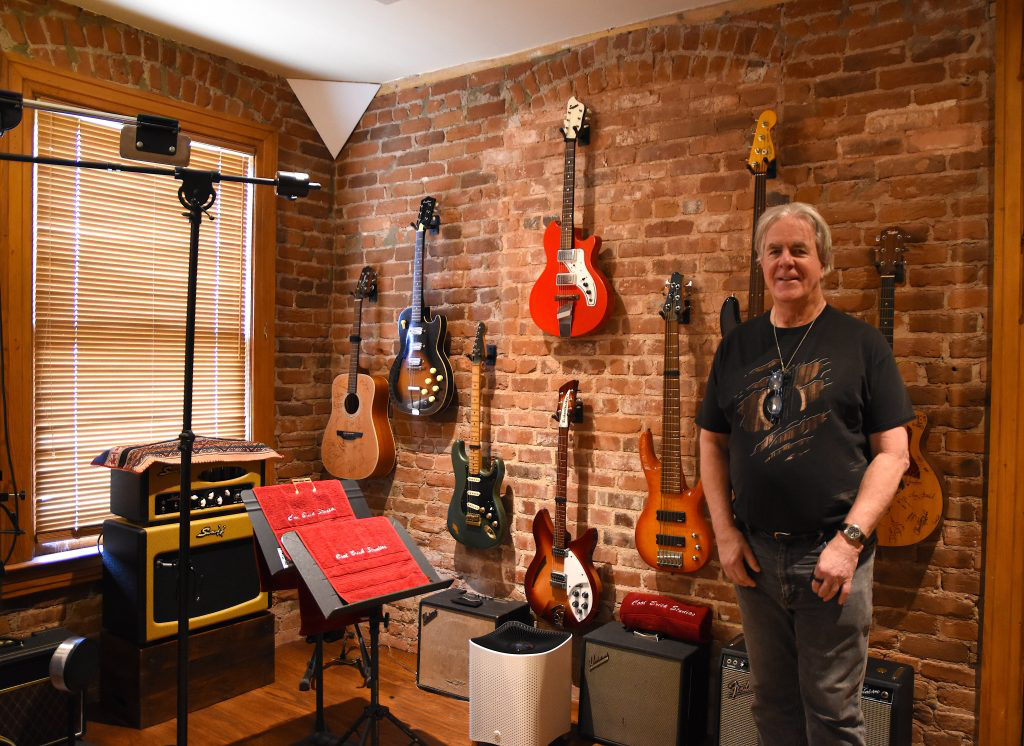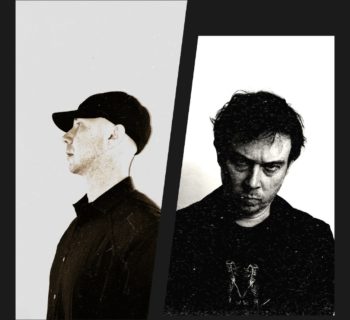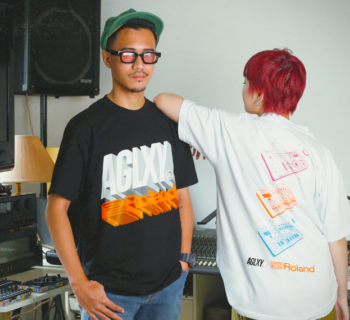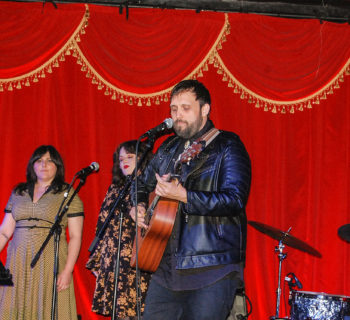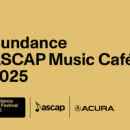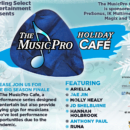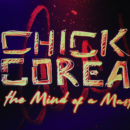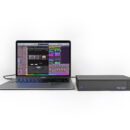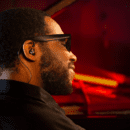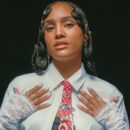The future, as they say, is now! The era of electronic artists being derided as “not real musicians” by those who prefer traditional instruments are well and truly behind us. The likes of the Chemical Brothers, Goldie, and the Prodigy are considered elder statesmen—"classic electronic,” if you will. Kraftwerk and Jean-Michel Jarre are pioneers. Contemporary artists are all over the mainstream, and we’re absolutely here for it. For this roundtable, Music Connection spoke to five electronic artists from various genres about their experiences in the industry up to this point.
BLOODY BEETROOTS
(Sir Bob Cornelius Rifo)
How and when did you get started DJing and/or producing?
Who were your early influences?
I started producing back in '97 using prehistoric gear like an AKAI S950, and right about the same time, I started DJing at some local club in my tiny hometown in Italy. I was all over the place musically—hip-hop, drum and bass, breaks—pulling influences from DJ Shadow, Roni Size, Metalheadz, plus The Prodigy and Chemical Brothers. On the hip-hop side, I was always locked onto that East Coast vibe. Thing is, I was kind of a hybrid; I’d DJ one night, then switch it up another night, singing or playing bass and guitar in punk bands.
DJing and producing are such distinct skills—do you have a preference?
For me, DJing and producing are two sides of the same coin—both feed directly into the actual writing of music. I like starting from a real instrument before I hit production; it helps me tap into a raw, stripped-down power, and that's exactly how I like to express myself. Often, writing kicks off from something abstract—a bold title for a track that doesn't exist yet—and then it all comes together once I dive into production. That said, I love pushing boundaries and flipping classic formats. Even the TBB DJ set isn't your typical DJ show—it's way closer to a live gig, with the stage presence totally taking center stage and the gear fading into the background behind the performance.
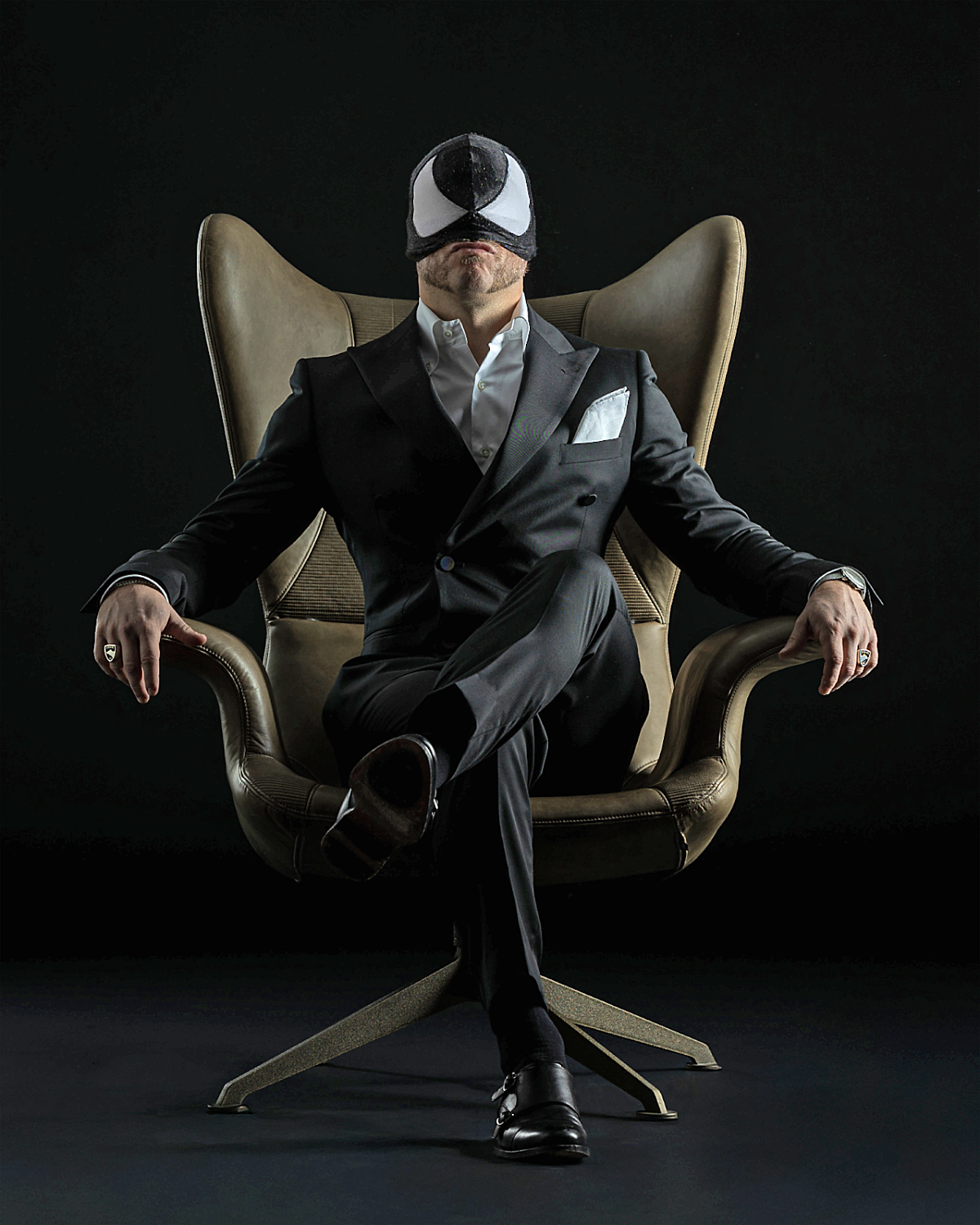
How have perceptions towards electronic music
changed since you started?
Electronic music’s whole DNA is an evolution—constantly shifting thanks to pioneering producers who set a standard, smash it, and then build something entirely new. That’s the wave that births new genres, crossovers; they morph through the years, turning into something totally fresh, always mirroring the times we're living in. Music is forever holding up that cultural mirror, and electronic music, especially, shows exactly where society’s head is at.
On a similar note, how much has the quality of gear available improved?
Gear quality has leveled way the fuck up over time—what you can pull off now would've been pure sci-fi to me 20 years ago. We've jumped lightyears ahead, serving music-makers with endless ways to shape our artistic vision. But honestly, gear’s always secondary to that raw, primal idea of music itself—that original spark doesn’t need overthinking or fancy extras to come alive.
What gear do you use?
I mainly rock Ableton Live for all my productions, running on a solid UAD setup with some beefy external DSP—perfect for powering my analog emulation plugins. Got a bunch of guitars and basses (Fender, Gibson, MusicMan, Ibanez), plus a few analog outboards because I'm always hyped on gear with real knobs and circuits you can actually touch. As for synths, I’ve had all sorts, and my latest pickup’s a Novation Peak—it gets the job done nicely.
Bloody Beetroots just released two singles—"This is Blood" featuring N8Noface and Teddy Killerz, and “KILLING PUNK" with Bob Vylan—building up to two EPs, Forever Pt.1 & Pt.2.
SACHA ROBOTTI
How and when did you get started DJing and/or producing?
Who were your early influences?
I started DJing in 1995, and producing more seriously in 2001 or so. I chose DJing/producing as my job, vocation, and lifestyle in 2006 and have been doing this ever since.
DJing and producing are such distinct skills
—do you have a preference?
I love the “immediacy” of DJing, and I love the “timelessness” of producing! DJing can be so gratifying in the now, in this moment, especially when in front of a crowd that reacts to your music selection. DJing is also the way to test out my new productions, so I guess both go hand in hand. When I say producing is a more “timeless” activity, I mean that a production, once it’s done and released, is out there in the ether, potentially forever or at least for some time, while it keeps creating highly personal or collective moments and memories every time someone listens to it.
How have perceptions towards electronic music
changed since you started?
For me it hasn’t changed all that much, I still “need” to make and play music for my own sanity.
I think the key for me in terms of longevity is to keep my spirits towards electronic music on a magical and fun level, rather than as a “job,” even though DJing has been my main income for the last 20 years. I strongly believed in PLUR and the unifying aspect of electronic music through all economic and social “classes.” I also remember when I started DJing in ‘95, techno/house were kind of made fun of and misunderstood, but at the same time, this music started reaching the public eye via events like the Love Parade, or in clubs in cities like Berlin, Frankfurt, Ibiza, London, Manchester, Paris, Amsterdam, Barcelona, Goa, among others, that regularly brought out DJs from Chicago, Detroit, N.Y.C. to spread this sound.
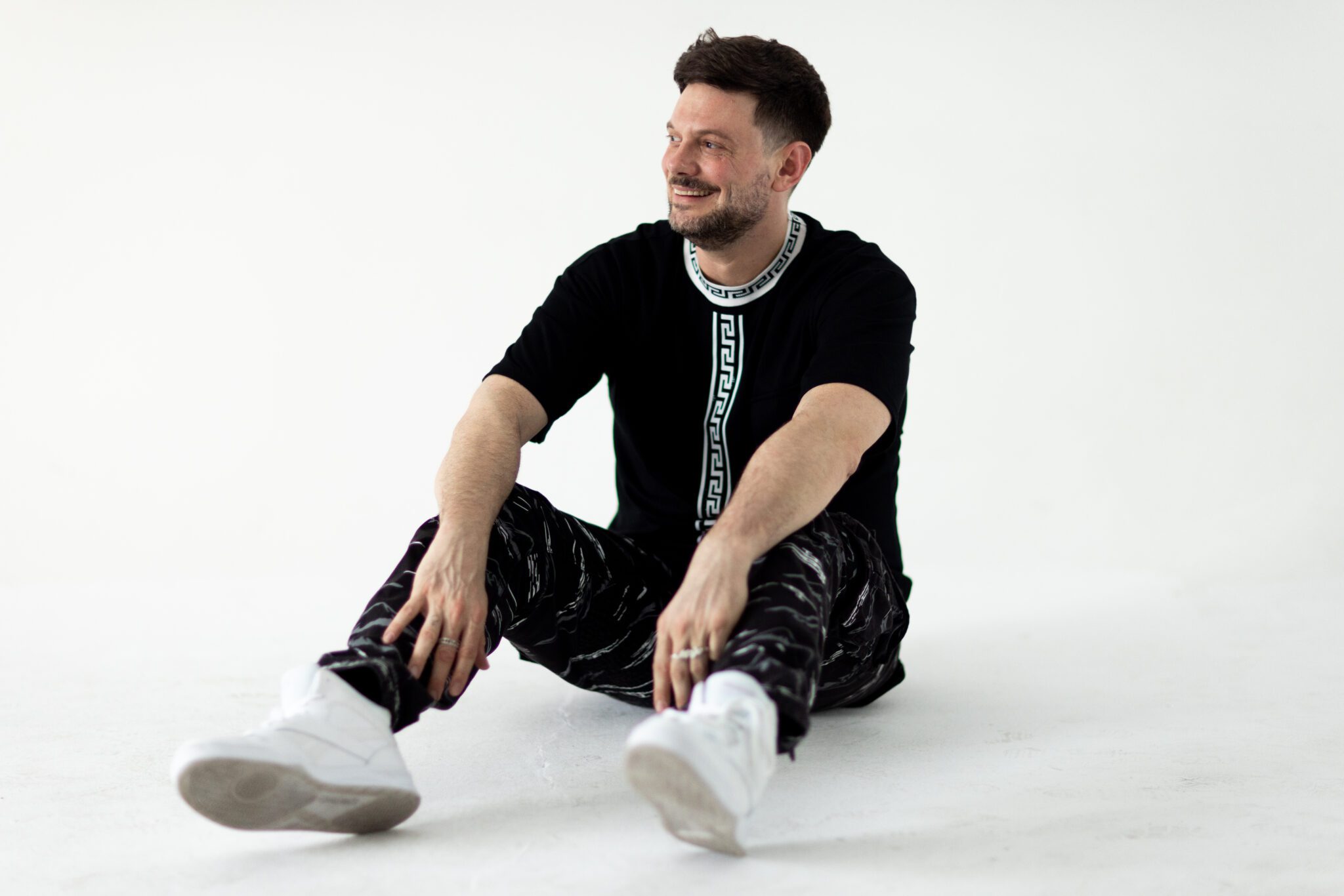
Fast forward 30 years: electronic music has become very popular, especially in the last decade, which brings a lot of new talent to the table via the internet and “democratization” of technology. It has developed into a whole ecosystem of people, both amateurs and professionals, building or trying to build livelihoods in this electronic music framework.
Electronic music has become a fully televised vehicle for ticket sales, clout, fame, virality, fun, and coolness, rather than a collective “underground” experience in nondescript spaces away from prying eyes and the establishment, or an artistic expression for nerds, freaks, the marginalized. Electronic music has been commodified, it has become a luxury good for people with money, in many ways. It’s almost as if making and spending a lot of money at events is more important than pushing musical boundaries or doing this for creativity’s sake, or for the community aspect.
On a similar note, how much has the quality of
gear available improved?
Wow I mean, I played on some super nasty vinyl setups back in the day in some places that were very unsafe—basements, warehouses, breweries, disused facilities, with water dripping from the ceiling and shady electrics, the jankiest tables or booths, broken needles and monitors, gangsters in the room, obviously no fire exits etc.—you name it I’ve probably played on it. Vinyl, Final Scratch, the first CDJs, schlepping vinyl everywhere, burning CDs etc., there was a lot of heavy carrying involved. In comparison, it’s a breeze now, I just show up with my USBs and a smile. I’d love to bring my vinyl collection over from Germany to the U.S. though, that’s another project for this year.
What gear do you use?
I tend to keep my setup rather minimal these days and produce on the road a lot. My current studio setup includes an Apple laptop with Ableton live, UAD interface, Beyerdynamic headphones, Dynaudio speakers and sub. I work with a team, collaborate and travel a lot so I record music in different spaces and studios.
Sacha Robotti recently did a remix of “Groove Like That” feat. Taka Boom & Chaka Khan for Shaboom Records, and a release on Sweat It Out with Joplyn and SIAN called “Get Raw”! He’s currently working on his debut album for Dirtybird Records / Empire that’s going to be released this year. Stay tuned for tour dates!
KARABA
How and when did you get started DJing and/or producing? Who were your early influences?
I started producing music in 2020 during the pandemic—like a lot of people, I was stuck at home and finally had the space to dive into something I’d always wanted to explore. I'd already been DJing for a few years before that. Movement and rhythm have always been a big part of how I connect with sound, so DJing felt like an extension of my body language.
Early on, I was heavily influenced by artists like Black Coffee, Nitefreak, Shimza, and the whole Afro house/tech scene. I was also inspired by DJs like Honey Dijon, Folamour, and Jayda G—I love their sound and the worlds they’ve built around their music. I also draw a lot of inspiration from my Congolese roots—the rhythms, drums, and energy I grew up with are deeply embedded in how I approach both DJing and producing. Later on, I was mentored by Stephen Ramsay from Young Galaxy, who really helped me level up my production skills and start finding my own voice in the electronic space.
DJing and producing are such distinct skills
—do you have a preference?
I don’t have a preference—I love DJing just as much as I love producing. They’re different outlets that let me tap into different sides of my creativity. DJing unleashes the fire in me, that high-energy side, and it’s deeply connected to my background as a dancer. Production, on the other hand, lets me express a more vulnerable side of myself. Both have their own magic and balance me out in different ways.
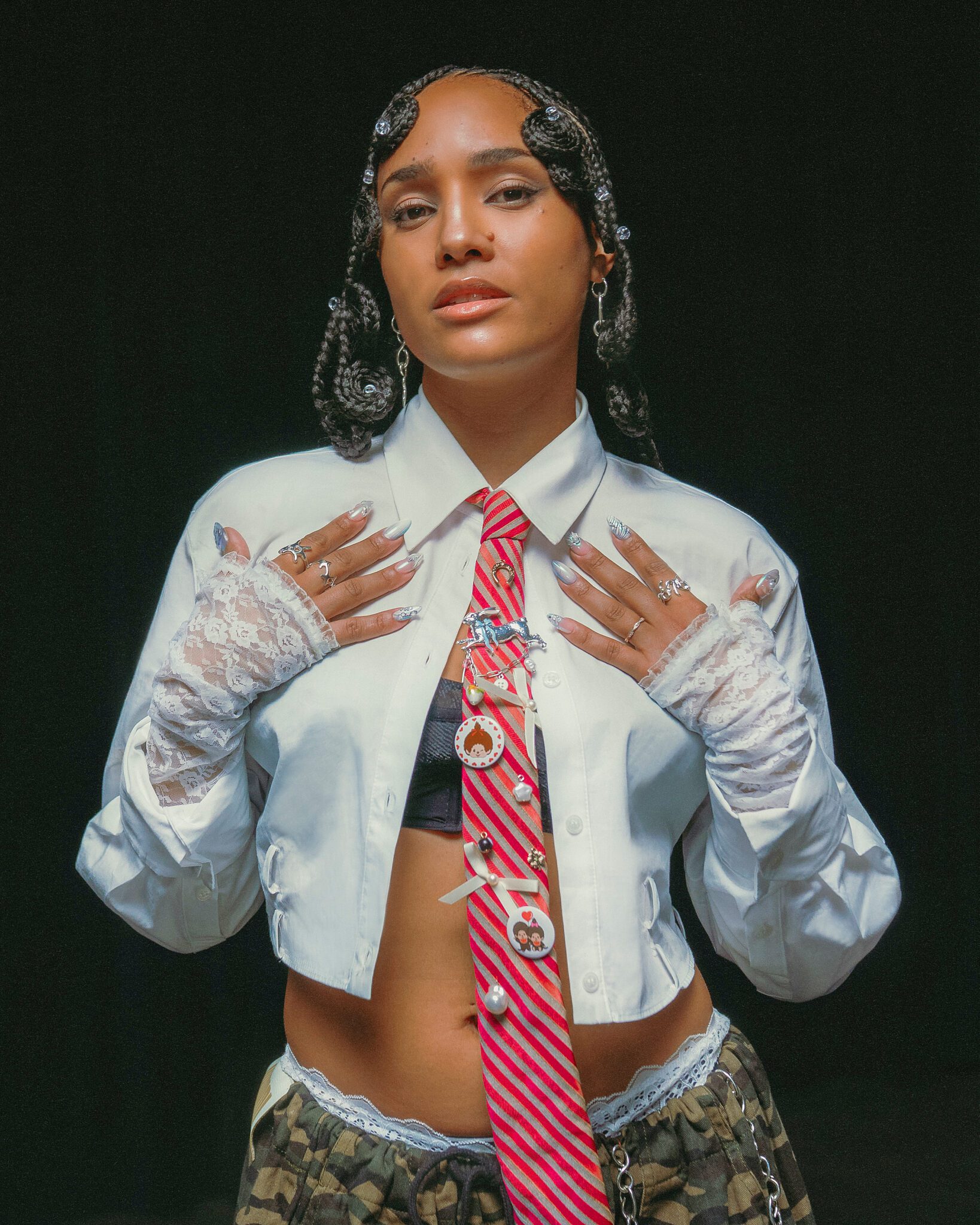
How have perceptions towards electronic music
changed since you started?
From my perspective, people are starting to realize just how much depth and culture is embedded in the scene, especially in genres like Afro house/tech. It’s not just about the beats; it’s about the story, the energy, and the community behind it. There’s so much more to these sounds than what meets the ear, and I think people are beginning to appreciate that richness more now.
On a similar note, how much has the quality of
gear available improved?
The quality of gear has always been pretty high since I started in 2016, but what’s really exciting for me is the constant evolution of the CDJs. I love how they keep improving, especially when it comes to playing with acapellas and mixing multiple tracks at once—being able to juggle three tracks simultaneously really opens up a whole new level of creativity for me. It’s all about the freedom to experiment, and the gear now supports that in ways that really elevate my sets.
What gear do you use?
I use a variety of gear, but my go-to setup revolves around the Pioneer CDJs, especially the latest models because of the flexibility they give me. For producing, I work mainly with Ableton Live and a few select plugins that help me craft my sound.
KARABA’s third EP will drop in June. Look out for show dates.
ELI BROWN
How and when did you get started DJing and/or producing? Who were your early influences?
I was 10 when I first discovered rave music, and it’s been my obsession ever since. My early influences definitely came from the bootleg cassette tapes that my sister would bring back from raves–it was drum & bass and jungle music that really caught my attention at first. I remember when Roni Size won the Music Prize in 1997, and the scene just exploded—I was completely obsessed. Carl Cox has also always been at the top for me as well—his sound has always sparked something quite special in me
DJing and producing are such distinct skills —do you have a preference?
For me, they really go hand in hand. I get a lot of inspiration when I’m playing shows, which drives me straight to the studio on my days off to create new music or new edits for my sets. And it’s really just around and around we go there—it’s a total obsession for me.
How have perceptions towards electronic music
changed since you started?
I think the scene has definitely blown up in recent years, especially techno, particularly in the U.S., social media has changed the way we all experience music. Honestly though, I don’t think much has changed—there’s always been good DJs and there always will be, and that music will keep finding its way to people.
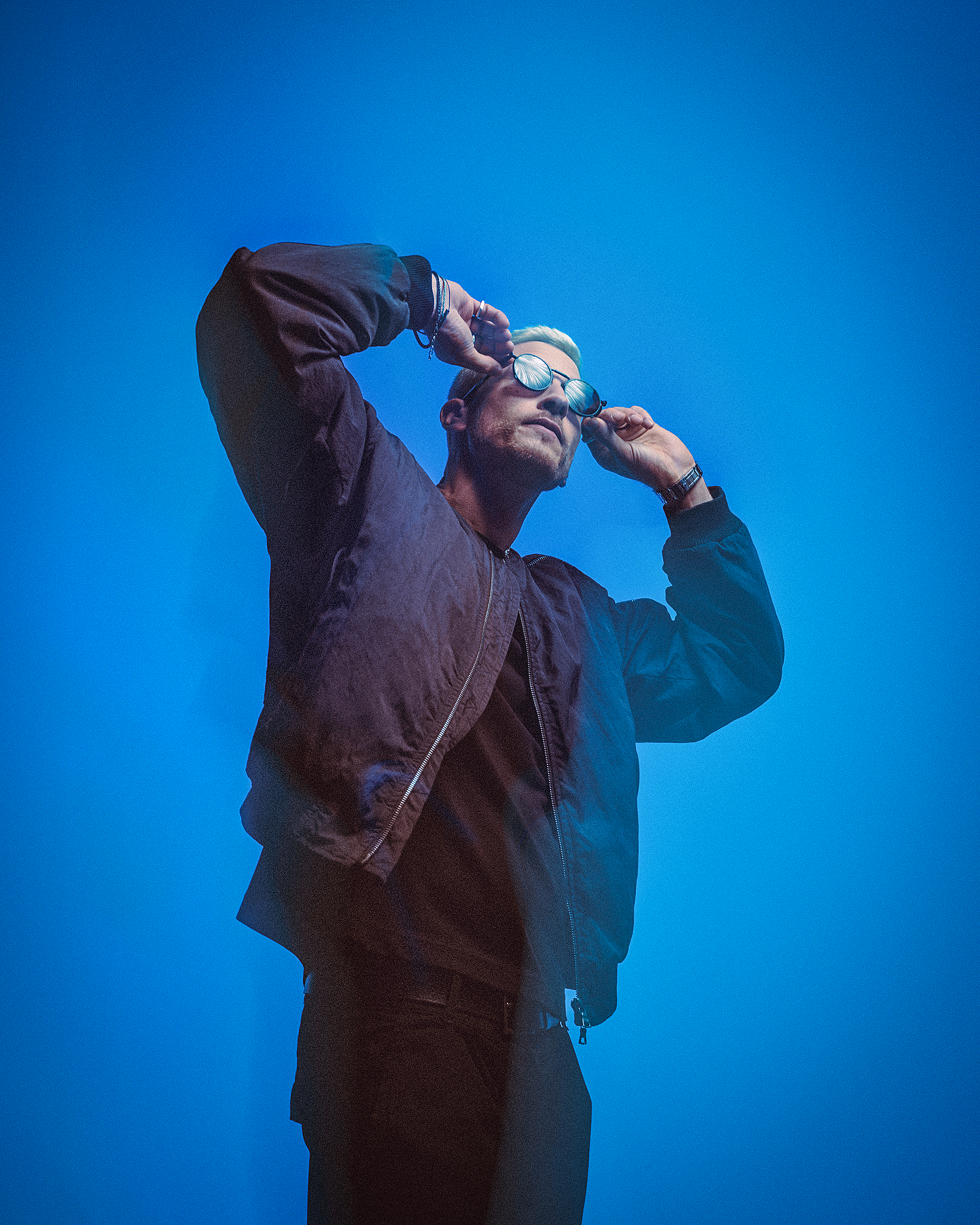
On a similar note, how much has the quality of
gear available improved?
I don’t think the quality has necessarily improved. For example, some of the classic synths and drum machines from the ‘80s and ‘90s are still relevant today and you can hear them in so many productions. I will say that the entry point to DJing and production has never been easier—you can download a free copy of Ableton and start producing on a laptop. In my opinion that’s incredible. Freedom for anyone and everyone to create!
What gear do you use?
For creating I’m mainly in the computer—Ableton as well as a few synths like serum and sylenth, and of course loads of good samples. It’s really not about what you have, it’s what you do with it. Sometimes my best ideas come on planes when I’m using the most minimal kit and samples. Often, you have to work with the narrow perimeters you have, especially when you’re heavily on the road, but it forces you to be really creative. I feel that sometimes having too many choices can make it harder.
Eli Brown just released his latest track, “Drip” with Eliza Legzdina, and recently made his Coachella debut.
CRANKDAT
How and when did you get started DJing and/or producing?
Who were your early influences?
I got into producing my sophomore year of high school (2012) when one of my classmates introduced me to Skrillex. After hearing dubstep for the first time—and already having an underlying affinity towards dance music that I didn’t even know was “dance music” like Avicii and David Guetta—I remember Googling how to “make dubstep” and eventually came across the daw FL Studio. I was infatuated with all styles of EDM and had a lot of inspirations—Skrillex, Flux Pavillion, Zomboy, Zedd, Martin Garrix—the list goes on.
DJing and producing are such distinct skills
—do you have a preference?
They’re both awesome. I love producing cool stuff to DJ with and I love DJing for giving me the opportunity to play what I produce.
How have perceptions towards electronic music
changed since you started?
Electronic music in general is different, but bass music—the lane I’m in—has become more mainstream (in the U.S. at least). It’s still not as commercialized as some of the other subsects of EDM, but there are multiple dubstep festivals throughout the country that sell a ton of tickets. I wasn’t as attuned to statistics like that when I first started, but I believe that culture was fractional compared to what it is today.
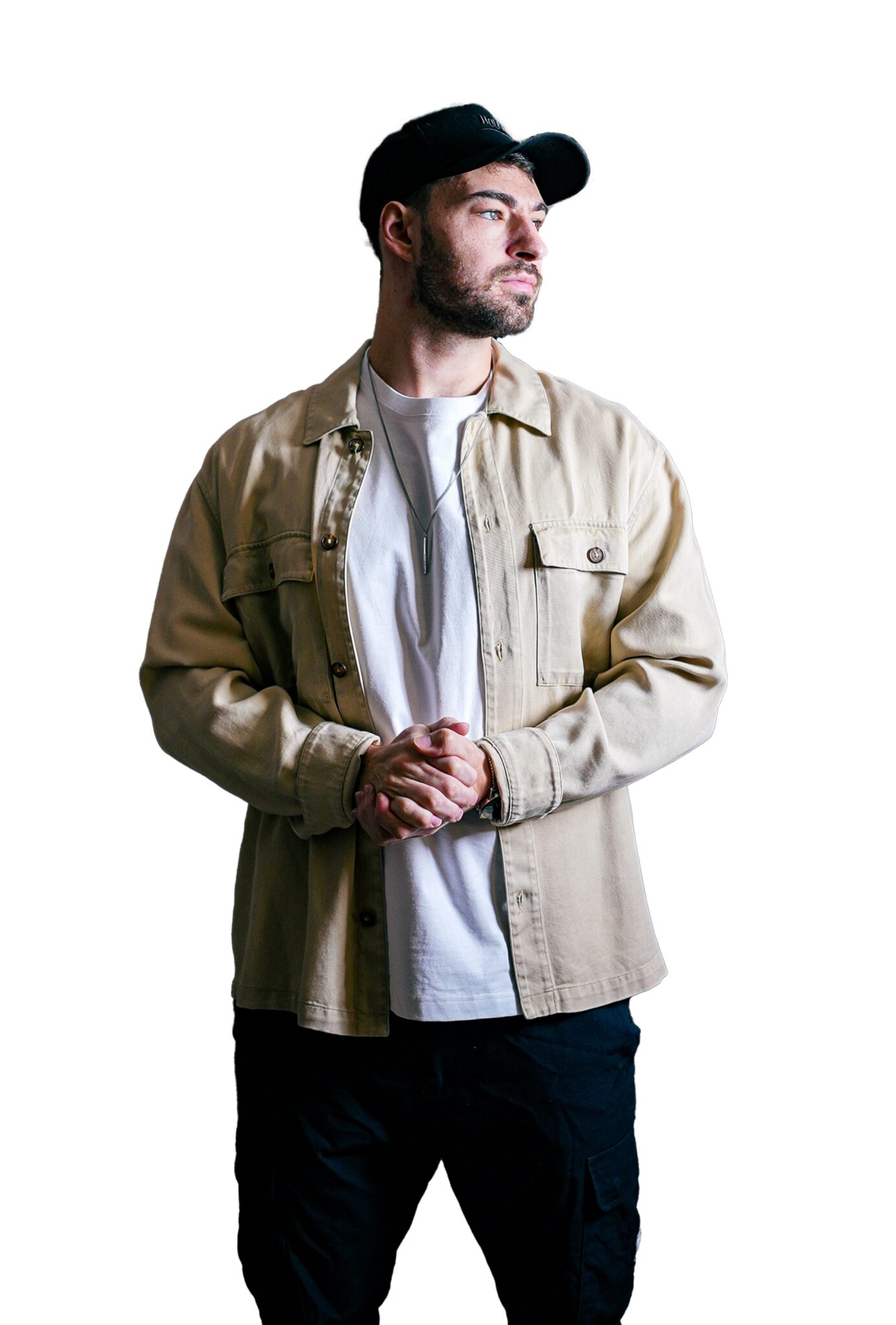
On a similar note, how much has the quality of
gear available improved?
Gear for producing has become astronomically better. When I started, my maxed-out MacBook Pro could handle a decent amount of workload for the time, but it would get bogged down after 100 or so tracks—especially if a handful of those tracks were using CPU intensive plug-ins. Today, my maxed-out MacBook can run anything I throw at it. 300+ high-CPU tracks? No problem. What’s crazy too, is that even my MacBook Air (which I only use for Rekordbox) can still handle around 200+ medium-CPU tracks. The Apple silicon is insane.
What gear do you use?
For producing, I use a MacBook Pro Max 16” and Ableton Live 12. I use Sennheiser 660S2 Headphones and Airpod Maxes interchangeably, and my audio interface is a MOTU M4. I also recently picked up a Stream Deck to speed up my Ableton workflow. This loadout is my preference because I can throw it in a backpack and take it anywhere in the world with me.
Crankdat is currently wrapping up the Get Cranked tour and will be performing at festivals throughout the summer.

